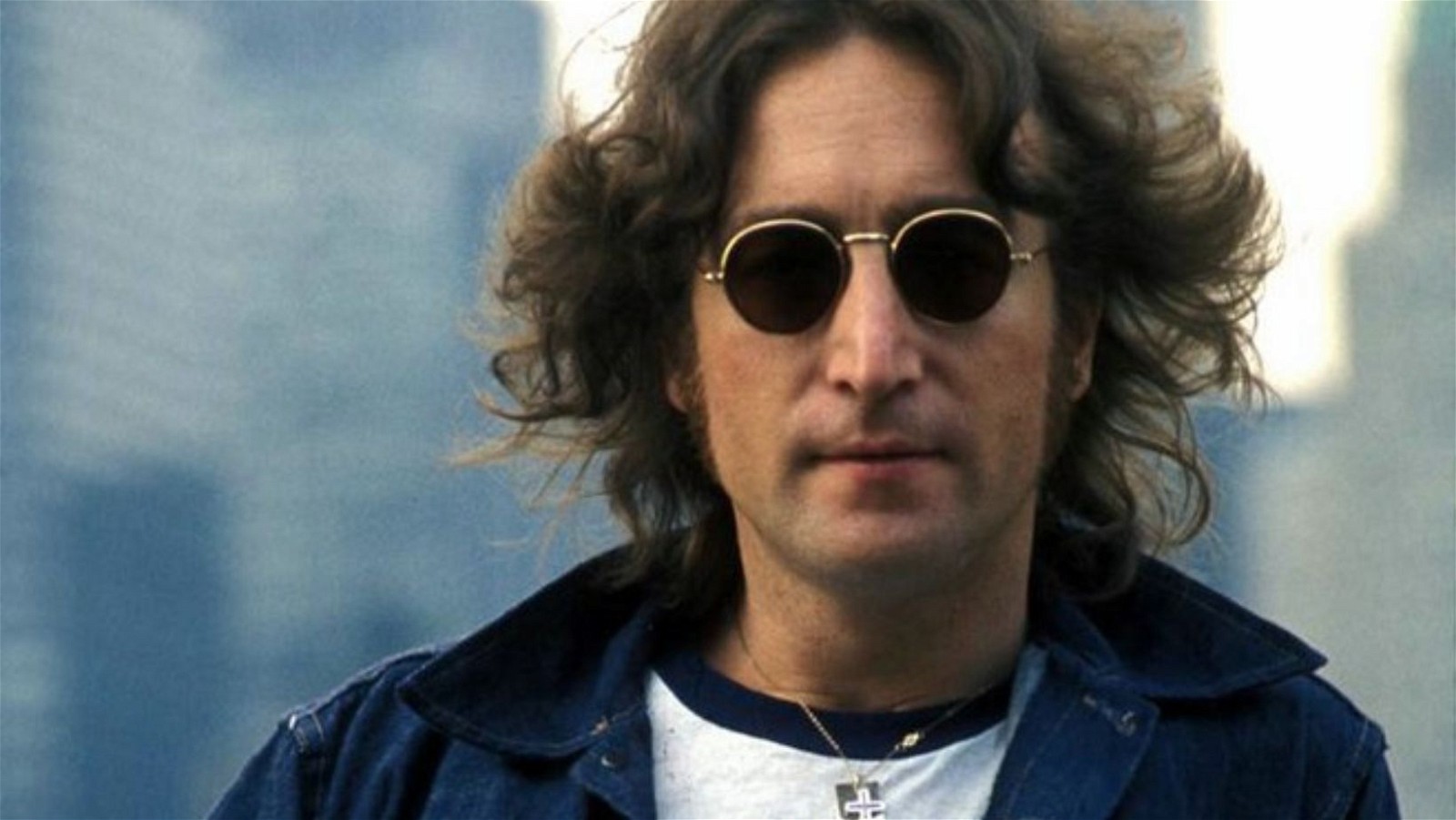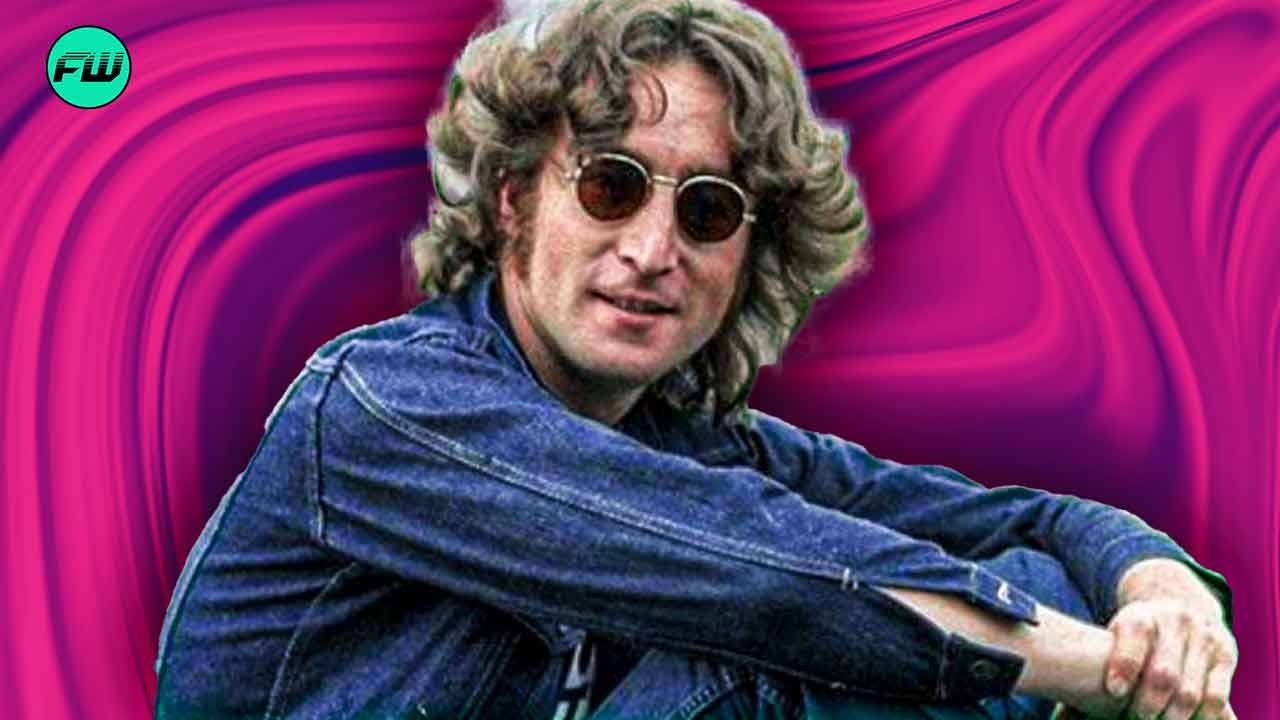John Lennon’s charisma and prophetic edge were undeniable, and his words often resonated with a haunting power. His already mysterious legacy is further complicated by the assertion made by a close friend that he foresaw his own demise. However, it’s important to approach such claims with a critical eye, acknowledging the potential for misinterpretations and the influence of hindsight.
John Lennon was an English singer, songwriter, and musician who gained worldwide fame as the co-founder, co-songwriter, and lead vocalist of The Beatles. He is widely considered one of the most influential musicians of the 20th century. Although the music industry mourned his passing, his legacy lives on as a source of inspiration for upcoming musicians and campaigners.
View this post on Instagram
Premonition or Intuition? John Lennon’s Haunting Words Before His End
The claim that John Lennon predicted his own death, as shared by a close friend, is a captivating thread in the tapestry of his legacy. Lennon reportedly predicted his own death and was paranoid about it till his final days. His close friend and producer, Jack Douglas shared during an interview with People that the singer was sure about his unsettling premonition, as if he could see the future.
“It was a very different John, and that whole period was just lovely. He spoke about death every once in a while. He would say things like, ‘I might be gone soon.’ He would say, ‘When I die, it’s going to be bigger than Elvis.’ And I’d say, ‘Stop talking like that.’
He insisted on journals being kept for every moment, everything being documented, me placing microphones all over the studio so that everything could be recorded. It felt like he had a feeling something was coming, and he was very intuitive about things. Extremely. Almost supernaturally about things.”
According to Douglas, Lennon occasionally brought up his impending death and even wanted every moment of his life recorded as if he was trying to preserve memories before his death. Although he seemed pretty happy most of the time, he was pretty paranoid about the events surrounding his premonitions. Years before the events of his demise, Lennon received a concerning letter about his future murder.

Also read: John Lennon’s Alleged Ghost Sightings: Spooky John Lennon Rumors Will Give You Chills This Halloween
According to reports, it was a letter he received from an anonymous person about his shooting which will be in the United States in the near future. Although he toured the States safely, the premonition always lingered over his shoulder and he always kept looking over his shoulder for the rest of his life. John Lennon’s tragic demise is a constant reminder of the fragility of life.
John Lennon: A Vocal Journey Through Brilliance, A Legacy Beyond Compare
John Lennon‘s voice is an instrument instantly recognizable, etched in the collective memory of music lovers worldwide. However, to merely assert that it was good would be a grave understatement. Generation after generation has been inspired by the incredible tapestry of Lennon’s singing journey, which was weaved with raw strength, delicate sensitivity, and ever-evolving artistry.
View this post on Instagram
Lennon’s musical beginnings with The Quarrymen were steeped in the energy of 1950s rock ‘n’ roll which was perfectly suited to belting out covers of Elvis Presley and Little Richard. Lennon’s voice range expanded when The Beatles stormed onto the world scene. He could effortlessly switch from the playful charm to the introspective yearning displaying a depth and nuance beyond his years.
Throughout his solo career, Lennon explored everything without restraint. He was a fan of Yoko Ono’s unusual vocalizations, primal cries, and avant-garde approaches. Albums like Plastic Ono Band and Walls and Bridges pushed the limits of what a rock voice could do and questioned the basic idea of singing. During his last years, Lennon’s voice became softer and more wise from experience.
View this post on Instagram
His last recordings are proof of the deep creativity and emotional development he had attained. John Lennon’s singing served as a conduit for his soul in addition to being a display of technical skill. His voice was heavy with grief, love, rage, and, at the end of it all, a rigid faith in a better world. Many are still inspired by this lineage, which serves as a constant reminder of the ability of music to change people’s lives and touch hearts.


